For permission to use pictures from Bristol Central Reference Library please email refandinfo@bristol.gov.uk.
Ben Tillett, was born in Easton, Bristol in 1860 and founded the first unions for unskilled workers and a leader of the Great London Dock Strike of 1889. He went on to be a founder member of the Labour Party and the Daily Herald Newspaper. At various times he was also the Alderman of London County Council, Labour MP for Salford North and Chair of the Trades Union Congress.
If you would like to read more about Ben Tillett buy the Bristol Radical Pamphleteer #20 Ben Tillett by Jim McNeill. More cartoons featuring Ben Tillett can be found in Black Friday And The Dockers’ Strikes Of 1892-3.
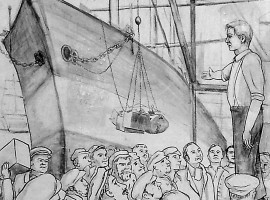
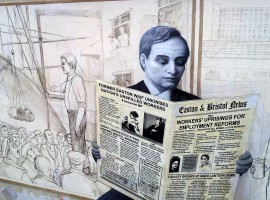
Railwway Station, Bristol.
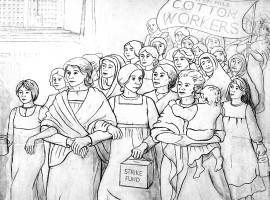
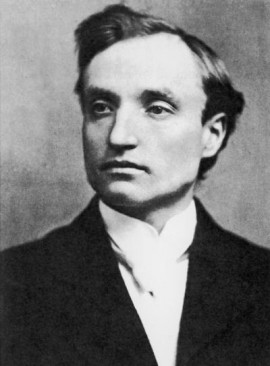
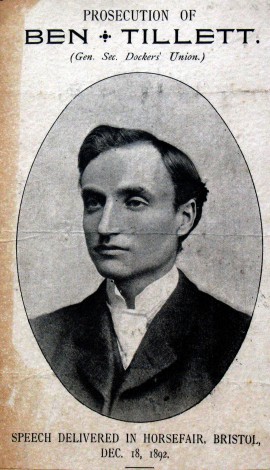
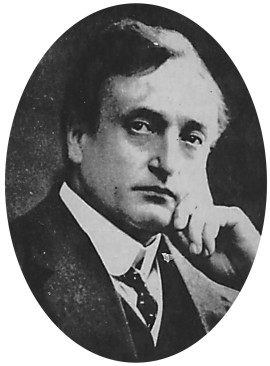
On December 18th in Bristol’s Horsefair there was a public gathering, (deemed illegal after an arrangement made by Bristol’s mayor with the Home Office). Tillett spoke to the meeting and became “very excited”, his rhetoric became much more militant, which led, a few weeks later, to his arrest for inciting the street violence that erupted soon afterwards.
“If it came to a fight,” he cried, “they could fight too, with fists or clubs, and if it came to guns they could pick them up also”. Then he got the hundreds of people present to repeat an oath after him: “If the necessity demands, I will protect my home, my interests, my wages, by means of violent or pacific measures”.
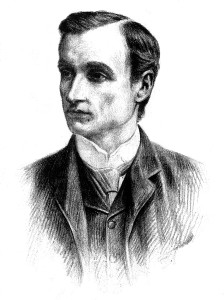
From Bristol Cental Reference Library refandinfo@bristol.gov.uk
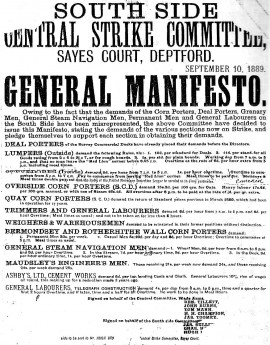
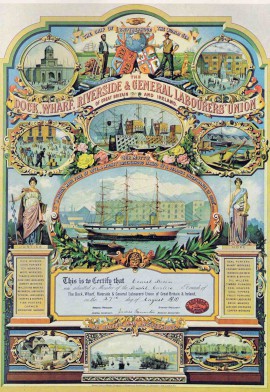
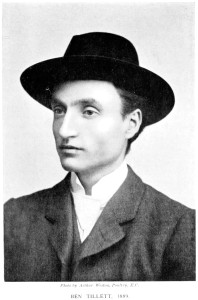
From The Apostle of Free Labour by William Collison 1913.
Available from archive.org.
“The situation of the 130,000 port workers was truly pitiable; most got only five to seven months’ work a year; hiring was done in pubs with a deduction of 35% for the sub-contractors. The workers fought in fog and cold to get a work-ticket which the hirer showed in his ‘cage’, as it is called, where the sub-contractor is protected from the crowd by iron bars.”
A Brief History of the Dockers Union, Pamphlet, Ben Tillett (1910)
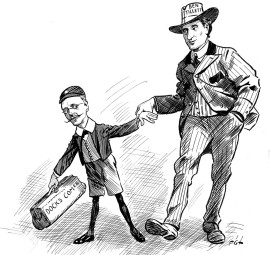
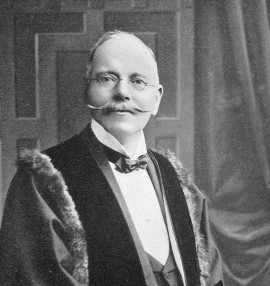
Alderman Henery W Twigg J. P. Bristol Central Reference Library. (refinfo@bristol.gov.uk)
“His [Twigg’s] special work for the city has been on the Docks Committee, on which he has served for nineteen years; 1906-8 he was Chairman of the Finance Sub-Committee, and in 1908 he was elected to the position of Chairman of the full Committee. The Docks are the most important and gigantic in all the city’s enterprises, such mighty issues being bound up in the undertaking ; but this much must be conceded—that if brains, activity, and enthusiasm will make this huge venture successful, and if it depends upon the Chairman for results. Then the whole matter is safe in the capable hands of Alderman TWIGGS.”
Bristol 1913 Its History, Its Commerce, Its Citizens An Album De luxe
“Municipal ownership did have some impact; Bristol ratepayers were quick to express concern that trade would be lost and that the City would not reap the benefits from the capital invested in improving the docks. For example, on the completion in 1908 of the Royal Edward Dock at Avonmouth, designed specifically to take large liners, passenger and freight, the total amount the municipal authorities had invested in its docks at Avonmouth, Portishead and the City was about £6,000,000. Moreover, in 1910 the City docks lost £150,000, which represented 1s. 10d. in the pound on the rates.”
Bristol and the Labour Unrest of 1910-14 by Mike Richardson
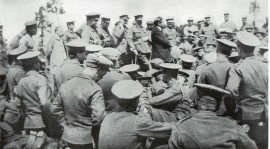
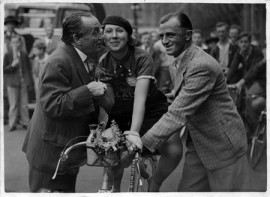
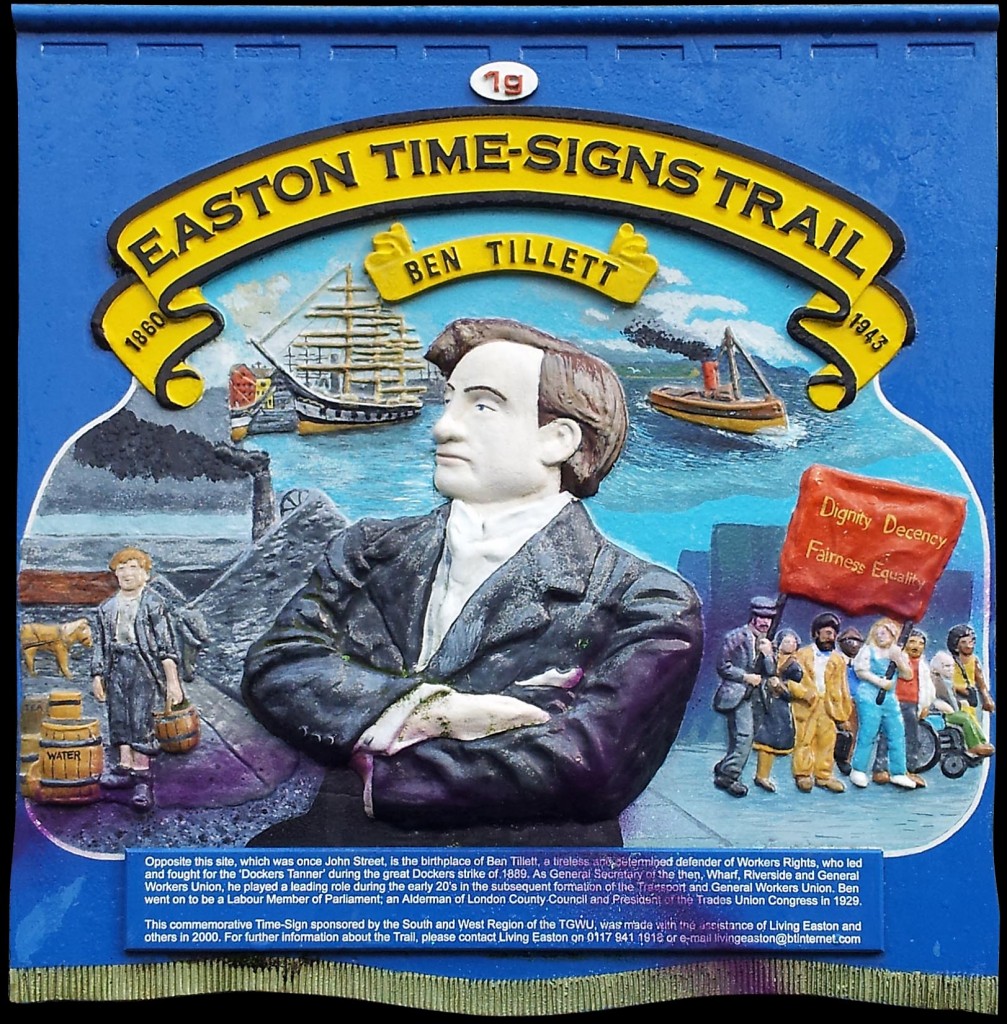
Ben Tillett was born into poverty in 1860 at 8 John Street [which was opposite where Bannerman Street now runs], Easton, Bristol in the shadow of the Easton Coal Pit. Ben was the eighth and last child of Benjamin Tillett, labourer, and his wife, Elizabeth (nee Lane). His early years were “days of hardship and revolt” and “acute unhappiness”. Ben’s mother died when he was just one year old, and he had a succession of stepmothers. His two elder brothers worked in the South Wales coalfields, while his father worked as a cart polisher and also in a comb factory. As well as housing the Tillett family their two-up-two-down terraced house also provided accommodation for a lodger as well as a miner with his wife and daughter.
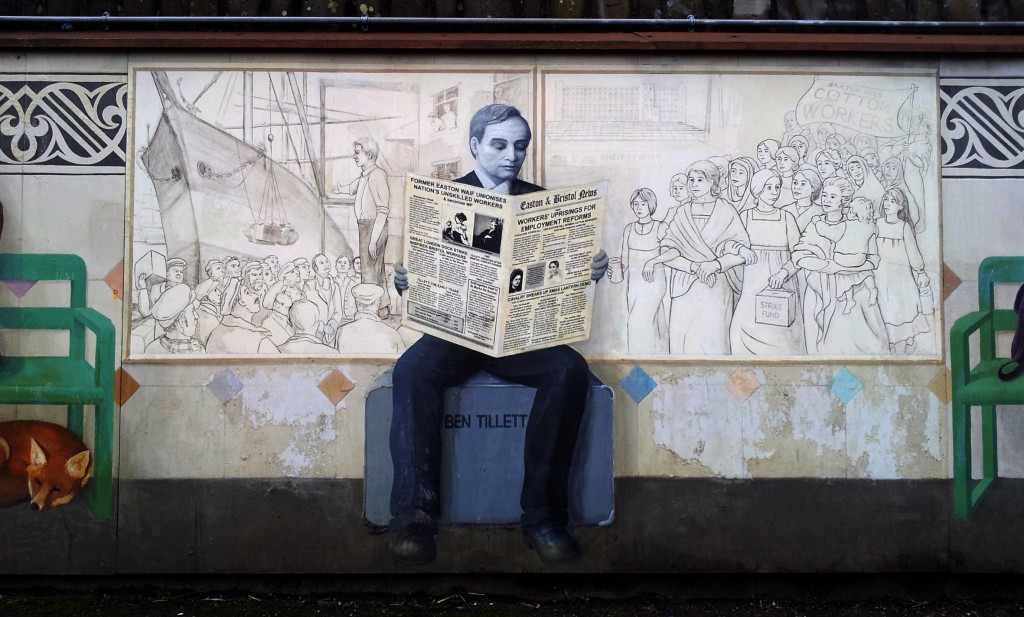
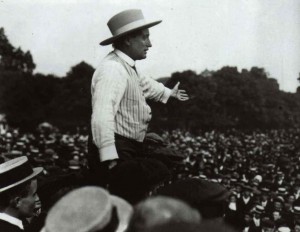
Kathy Russell
Hi there,
I’m looking for a book about the life and times of Ben Tillett. Can you help?
Thanks
Kath Russell